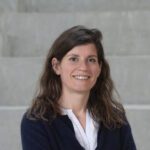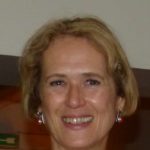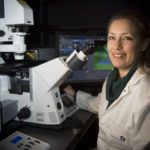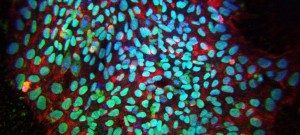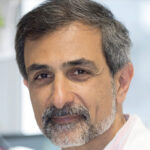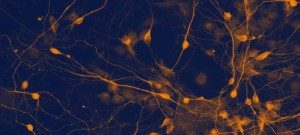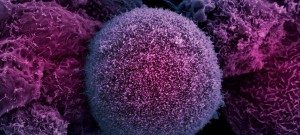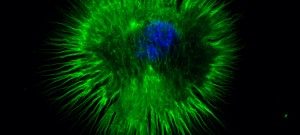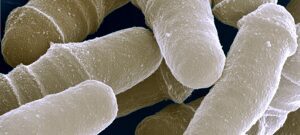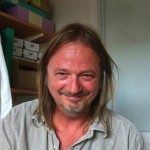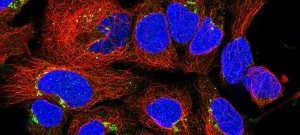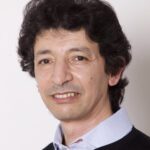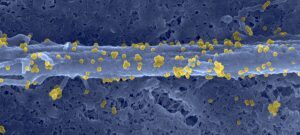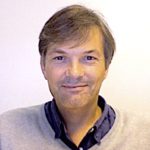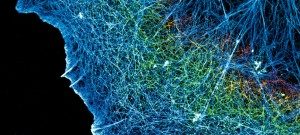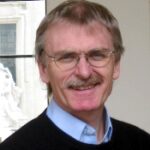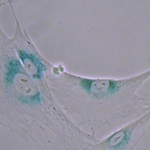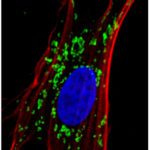According to the WHO, the global percentage of people aged of more than 60 years will double from 11 to 22% between 2000 and 2050. Nowadays most of the elderly die of non-transmissible diseases like cardiopathies, cancer and diabetis more than infectious diseases and this even in poor countries.
Thus ageing is a key topic of the 21rst century and the Institut Pasteur wants to play a major role in research concerning this issue. A transdisciplinary working group has been constituted to study the basic mechanisms of ageing. The better comprehension of these mechanisms is a critical step to allow in fine healthy ageing.
The working group covers complementary areas of investigation :
- DNA mutations and Repair
- Cellular senescence
- Stem cells
- Physiology of ageing
For more general public information on our group, you can have access to The Journal de la Recherche or download the newsletter (in french).

